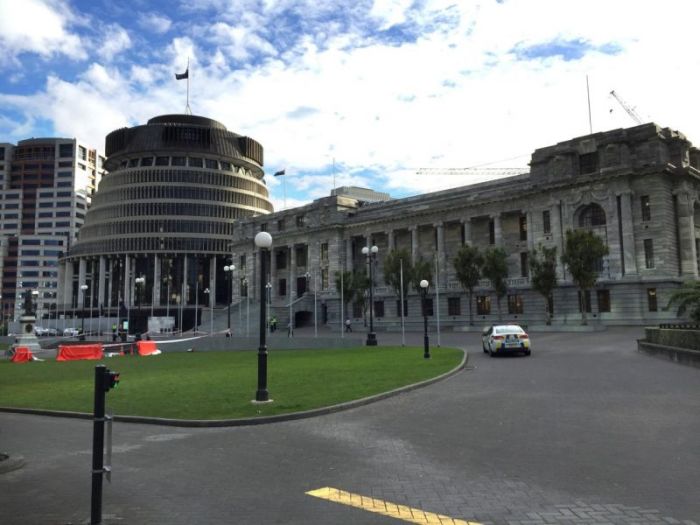New Zealand to legalize euthanasia as referendum passes by a wide margin

New Zealand will be the latest country to legalize the practice of euthanasia as a result of a nationwide referendum. The final vote tally will be confirmed Friday.
The decision about whether to allow those who are terminally ill with six months or less to live to end their lives was put before voters in an Oct. 17 general election ballot, alongside a question about whether cannabis use ought to also be legalized, according to The Guardian.
The cannabis question was not approved.
Final results are still being tallied and will be certified Friday. But the referendum is expected to pass easily, as preliminary figures released last Friday show that 65.2% approve the measure and 33.8% voted "no" on the End of Life Choice Act, which the New Zealand parliament passed last year.
Approximately half a million special votes have yet to be counted.
The new policy will go into effect one year from Friday. Under the measure, those suffering will need two doctors to sign off on the decision to end their lives.
Polling in the South Pacific island nation has indicated broad support, reportedly hovering around 60% to 70% across the spectrum. Those who support the measure include the country's current prime minister, Jacinda Ardern of the Labour Party, and opposition leader, Judith Collins of the New Zealand National Party.
With the approval of the referendum, New Zealand will join six other countries that have legally allowed euthanasia.
Other nations that have legalized the practice include Switzerland, the Netherlands, Belgium, Luxembourg, Canada and Colombia.
Euthanasia campaigners hailed the result as a human rights victory, arguing that it was compassionate to allow people in unbearable pain to end their lives.
“People continue to suffer in ways that are traumatic. I don’t want to have to suffer on to adhere to the morality of someone else. They’ve got their own body if they want to have a ghastly death,” said David Seymour, a member of the New Zealand Parliament who sponsored the legislation.
More common than euthanasia is doctor-assisted suicide, which is permitted in additional nations, including in several U.S. states and the Australian state of Victoria.
Wesley J. Smith, a senior fellow at the Discovery Institute's Center on Human Exceptionalism, noted the state of secular progressivism that runs strong in New Zealand politics.
"When there was a mass shooting, guns were confiscated very quickly without protest about individual rights," Smith said in a National Review piece published Friday.
One of New Zealand's rivers was declared a "rights-bearing entity" and the nation also adopted one of the most stringent coronavirus shutdowns in the world, he continued.
"These are all symptoms of a civilizational disease. When human exceptionalism is discarded, the intrinsic value of human life becomes relativized and 'eliminating suffering' becomes the prime directive," Smith explained. "If that means letting doctors eliminate sufferers, so be it. If it means sacrificing freedom on the altar of security, so be it."
According to the NZ Herald Thursday, Salvation Army territorial commander Mark Campbell expressed concern that many are not knowledgeable of the harms.
"We believe many New Zealanders are unaware of the lack of safeguards contained within the End of Life Choice Act and that vulnerable people, such as the elderly and those struggling with mental illness, will be especially at risk from this law," he said.
"The Salvation Army calls on the Government to increase funding to enable more people to access New Zealand's world-renowned palliative care system. We believe that, with adequate access to high-quality end-of-life care, vulnerable people can be supported through their illness and dying, and will not feel pressured into euthanasia."





























